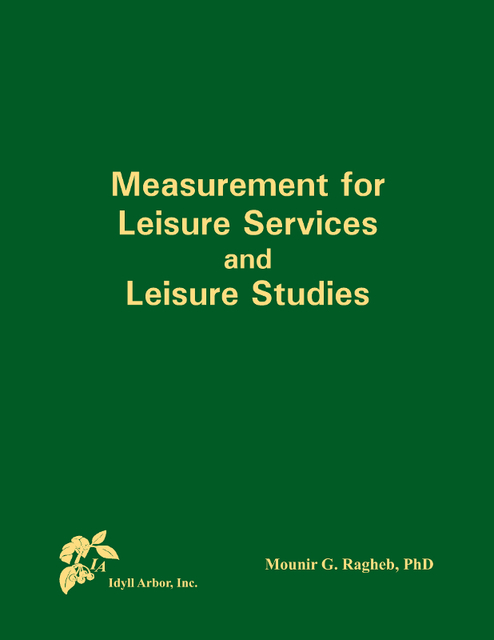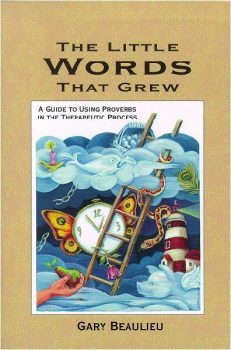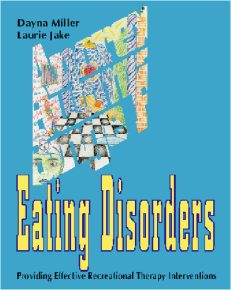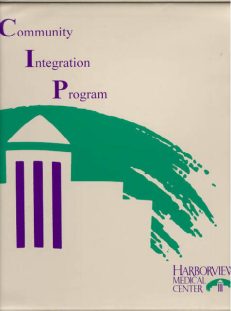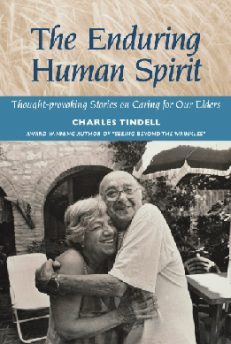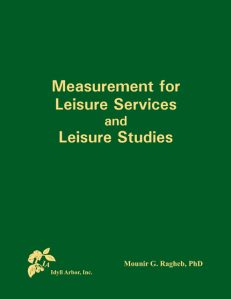Description
Measurement for Leisure Services and Leisure Studies tells you how to gather the information you need to run successful programs in leisure, recreation and parks, corporate recreation, hospitality, and health care settings. Professionals reading this book will learn how to accurately and meaningfully measure the success of their programs and discover ways to improve the services they provide. Students will learn how to evaluate existing assessments and create new assessments that meet validity and reliability standards. The book includes sample assessments and discussions of measurement for the following areas:
* Leisure Involvement
* Leisure Attitude
* Leisure Motivation
* Leisure and Free Time Boredom
* Leisure Interests
* Leisure Satisfaction
* Playfulness and Humor
* Leisure Administration and Supervision Measurements
For each topic the book provides:
* Existing leisure and recreation measurements
* Methods used to create standardized and non-standardized measurements
* Detailed understanding of the current state of the constructs
There are sample forms for 53 assessments, many of which can be used without charge. The information, combined with existing instruments that measure aspects of recreation and leisure in an accurate, meaningful, and practical manner, will let you select quality assessment tools and develop your own valid and reliable measurements.
For recreational therapy programs, we continue to recommend Assessment Tools for Recreational Therapy and Related Fields, which is specifically designed for therapy situations. This book provides all the information you need for measurement in the broader field of providing recreation and other leisure services.
About the Author
Mounir G. Ragheb, PhD, is a Professor Emeritus at the Florida State University, Tallahassee, Florida; having served in the department of Sport and Recreation Management, College of Education. During his tenure he:
* Participated in developing eight standardized measurements that are used in practice and research studies in many different countries.
* Conducted scientific studies on how leisure domains relate to wellness, stress, vitality, boredom or lack of boredom, life satisfaction, and quality of life.
* Presented and published nationally and internationally scholar reports and scientific studies in the USA, Canada, United Kingdom, Spain, Venezuela, Peru, Colombia, Kuwait, Saudi Arabia, and Egypt.
* Served as a graduate coordinator and participated in supervising Master’s theses and Doctoral dissertations at the Florida State University.
For ten years, he taught graduate classes to Master’s students from all over South America, Central America, and Mexico through the Pan American Institute of Physical Education and Recreation, located in Maracaibo, Venezuela.
Contents
Preface
Acknowledgments
1. Introduction to Measurement
I. Classification of Leisure and Recreation Scales
2. Classification and Categorizations of Available Leisure Measurements
3. Measurements of Leisure Involvement
4. Measurements of Leisure Attitude
5. Measurements of Leisure Motivation
6. Measurements of Leisure and Free Time Boredom
7. Measurements of Leisure Interests
8. Measurements of Leisure Satisfaction
9. Measurements of Playfulness and Humor
10. Leisure Administration and Supervision Measurements
II. Methods Used to Construct Measurements
11. Importance of Assessment in Recreation and Human Services
12. Contributions of Assessment to Providing Parks and Recreation Services
13. Qualitative and Quantitative Methods
14. Basic Criteria for Quality Assessment Tools: Reliability and Validity
15. Prerequisites for the Development of Assessment Tools
16. Formal Steps in Measurement Construction
17. Application of Recreation Assessment Tools in Field Settings: A Practical Example
18. Technology and Computer-Managed Assessment
19. The Future of Assessment in Recreation and Leisure
III. Conceptualization of Constructs
20. Leisure Involvement: From Concepts to Measurements
21. Leisure Motivation: From Concepts to Measurements
22. Leisure Interests: From Concepts to Measurements
23. Leisure Attitudes: From Concepts to Measurements
24. Free Time Boredom: From Concepts to Measurements
25. Applications of Free Time Boredom Concepts in Providing Leisure
26. Satisfaction in a Context of Life Endeavors: The Place of Leisure
27. Leisure Satisfaction: From Concepts to Measurements
28. Playfulness and Humor: From Concepts to Measurements
Appendices
1. Standards and Ethics Related to Measurement
2. In Defense of a Recreation and Leisure Academic Program
References
Index

